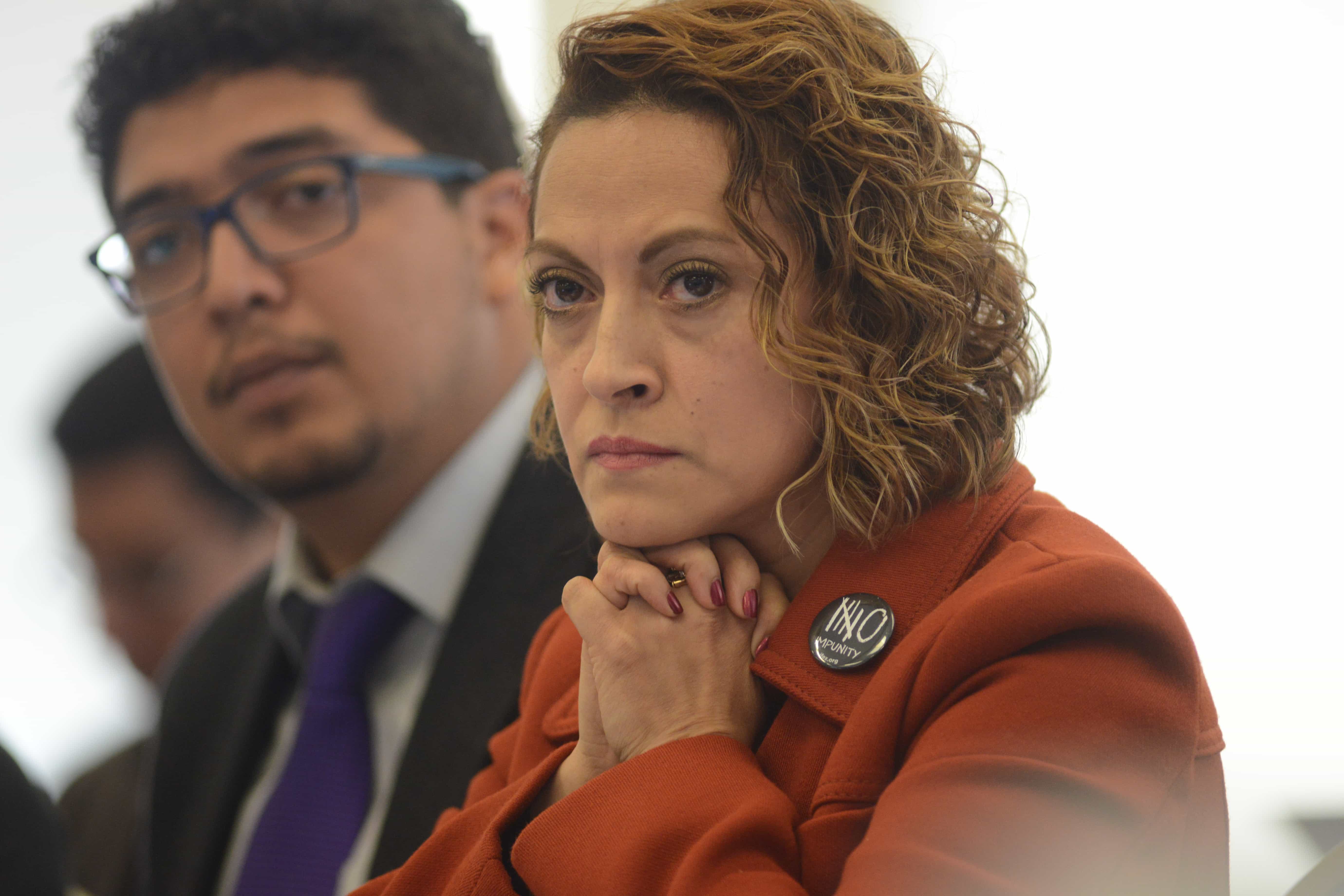FLIP views the ruling as appropriate, establishing drastic consequences for those who disregard the rights of victims and fail to comply with the Justice and Peace principles
This article was originally published in Spanish at: flip.org.co on 19 August 2016.
The Transitional Justice Chamber of Bogotá’s Superior Tribunal has decided to exclude Mario Jaimes Mejía (alias “El Panadero”) and Alejandro Cárdenas Orozco (alias “J.J.”) from the leniency provided for under Colombia’s Justice and Peace Process. The decision was based on the fact that the two accused men have given contradictory statements and have failed to tell the truth regarding the kidnapping, torture and sexual assault of journalist Jineth Bedoya on 25 May 2000.
In 2011, Cárdenas admitted to his involvement in the crimes against Bedoya before a Justice and Peace prosecutor. In 2013, however, he retracted his confession and provided a different version of what had taken place. Jaimes for his part always denied having participated in the actions against the journalist, but finally accepted responsibility on 2 February 2016 within the framework of Colombian law.
The judge stated that both Cárdenas and Jaimes had provided information with obvious contradictions and employed strategies and calculated moves in an attempt to take advantage of the more lenient penalties stipulated within the Justice and Peace process, while at the same time endeavouring to strike a plea bargain in the ordinary courts in order to obtain reduced sentences. The judge also highlighted the work carried out by Jineth Bedoya to bring her case to justice, noting that the journalist’s efforts had resulted in the actions against her coming to light and her case being heard before the court.
In addition to excluding Alejandro Cárdenas Orozco and Mario Jaimes Mejía, the ruling noted that the Justice and Peace Process should employ best practices in the judicial treatment of sexual assault cases. The ruling also noted that all investigative mechanisms should be brought into play to bring to light and recognise what Jineth Bedoya has gone through.
This decision sends a strong message to those who intend to access the transitional justice mechanisms: failing to fulfill commitments to truthfulness and ignoring the rights of victims are incompatible with receiving the benefits provided for under the system. By bringing to light what really took place in cases under investigation, this assists in guaranteeing a reduction to some degree in the high levels of impunity that exist within this process, as well as in cases of sexual assault and attacks against the press.
FLIP views the ruling as appropriate, establishing drastic consequences for those who disregard the rights of victims and fail to comply with the Justice and Peace principles.
The decision, however, is also highly delayed since there have been warnings about the failings of the two accused individuals as regards the principles of the transitional system since 2012.
It is hoped that the Supreme Court will confirm this ruling, which was challenged by Jaimes’s defence team.
Jineth Bedoya’s case is one of IFEX’s emblematic cases as part of the No Impunity Campaign. To learn more about Jineth’s case, check out our case profile.



